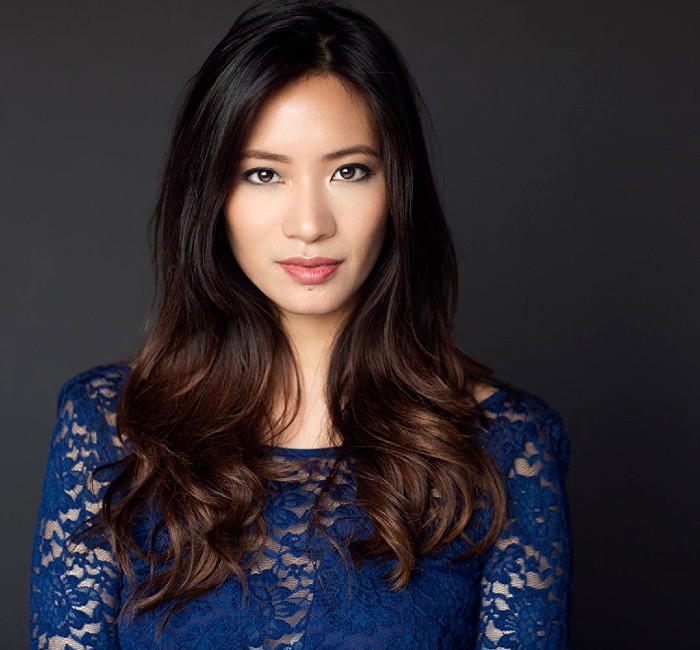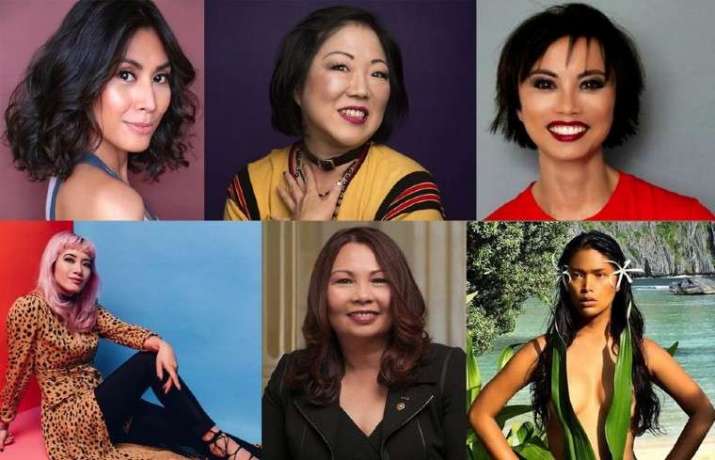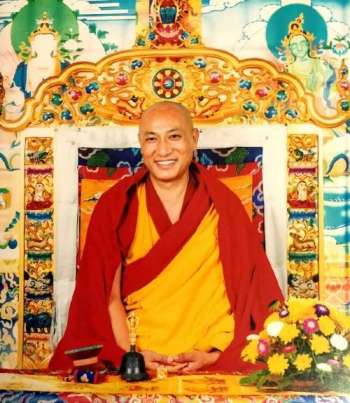NEWS
Buddhist Actress Chantal Thuy Recognized among Extraordinary Asian and Pacific Island Heritage Women
By Justin Whitaker
Buddhistdoor Global
| 2021-05-31 | 
Chantal Thuy. From fandom.com
Canadian-born actress Chantal Thuy has been featured alongside five other leading women in the Asian American and Pacific Islander (AAPI) community this month by Forbes magazine. May marks Asian Pacific American Heritage Month in the United States, shining a spotlight on the lives and accomplishments of AAPI individuals.
Thuy is best-known today for her role as Grace Choi in Black Lightning, a super-hero TV series featuring a cast predominantly made up of people of color, a rarity in today’s media and entertainment world. Thuy was born and raised in Montreal after her parents fled Vietnam as refugees during the US war. With a career spanning more than a decade, Thuy has acted in more than a dozen films and several TV shows. In her profile by Forbes, she appears alongside fellow prominent AAPI women Rain Valdez, Margaret Cho, Amazin LêThi, Geena Rocero, and Senator Tammy Duckworth.
 From forbes.com
From forbes.comRaised in a Buddhist-Catholic household in Canada, Thuy embraced Tibetan Buddhism for as an adult in 2014. She met her teacher, Tulku Neten Rinpoche, founder and Abbot at Jam Tse Cho Ling Dharma Center in Toronto, after her late aunt became his student before she passed away.
Thuy told Buddhistdoor Global: “It’s a nice thing to be able to talk Buddhism with my dad, even my mom to a certain extent although she is mainly Catholic. In Vietnam, there’s a large mix of both, and I grew up in a household that would alternatively go to the temple and to church. So I’m very used to both worlds and I see the value and understand both well.”
She continued: “My dad and I will sometimes exchange books on Buddhism, and he became a student of Rinpoche’s a few years ago as well. I also get to have wonderful discussions about Buddhism with two of my aunties, and I learn a lot from them too. I definitely ask them a lot of questions about ritual practices because they differ from traditional Vietnamese to Tibetan Buddhism. I still have a lot to learn!”
 Tulku Neten Rinpoche. From jamtsecholing.org
Tulku Neten Rinpoche. From jamtsecholing.orgThe past year has been especially noteworthy as the emergence of the coronavirus pandemic, community lockdowns, and anti-Asian rhetoric have led to a steep increase in violence against members of the AAPI community and Buddhist temples in the US and Canada, as previously reported by Buddhistdoor Global.* It has also transformed the way many Buddhists teach and learn the Dharma, with online offerings becoming mainstream.
Asked about the pandemic year and her practice, Thuy said, “My teacher began giving Dharma teachings online for his students at the end of 2020, and listening to Dharma teachings has always been one of my favorite ways to learn and grow. I also tend to practice contemplation more than sitting meditation.”
She has also had specific instructions from Tulku Neten Rinpoche: “My teacher has advised me to contemplate death and impermanence, particularly because there are so many ups and downs in my life and the kind of career I chose, so this is a practice that I try to do. I also have been contemplating a lot on the idea of attachment and self-cherishing attitudes and the suffering they create. I’m making it a practice to catch these when they arise and examining them in the moment so that I can remove them.”


















